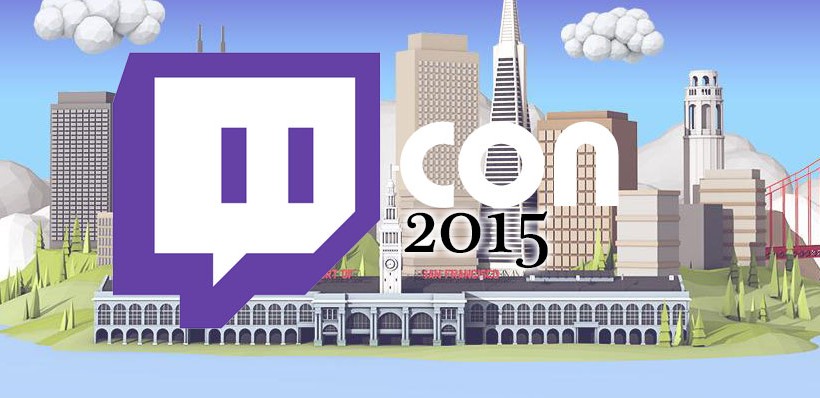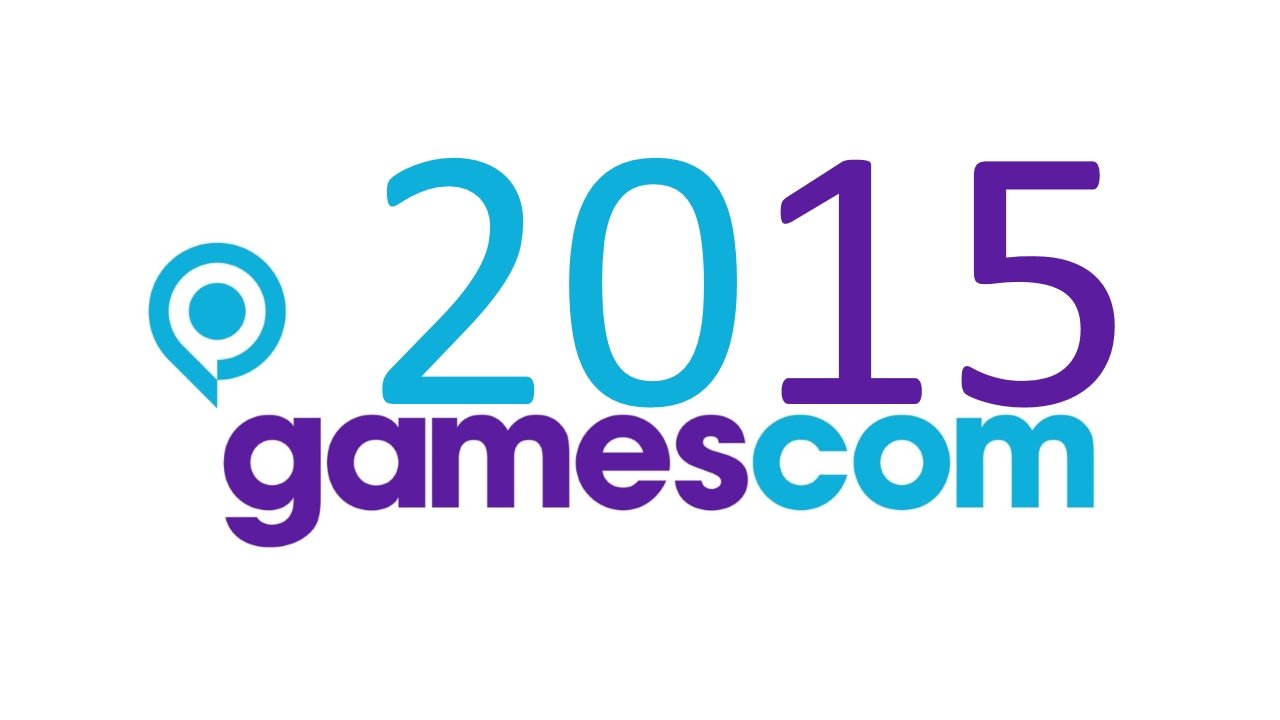This month, Guillermo del Toro’s Crimson Peak hit theaters, and some have been coming away disappointed. It’s not that it’s a bad movie (it’s quite good, actually), but that it’s not particularly scary. As protagonist Edith Cushing repeats throughout the movie, it is not actually a “ghost story,” but a “story with ghosts,” in which the “ghosts are metaphors.” It’s a Gothic romance, sort of a cross between classic Charles Dickens and a Hammer Film Production. But you wouldn’t know that from the advertisements, which heavily emphasize the horror aspects of the film.
In the world of video games, a similar problem occurred last week with Halo 5. The promotional campaign focused on a head-to-head with dual protagonists Locke and Master Chief, with one executing the other. However, fans have quickly come to discover that the advertisements were a complete diversion, extremely mischaracterizing the story with inaccurate plot points and scenes which flat-out don’t exist in the title. Disappointment with the campaign story has been consistent in reviews and fan discussions about the game.
Continue reading Can Marketing Ruin A Piece of Entertainment?




